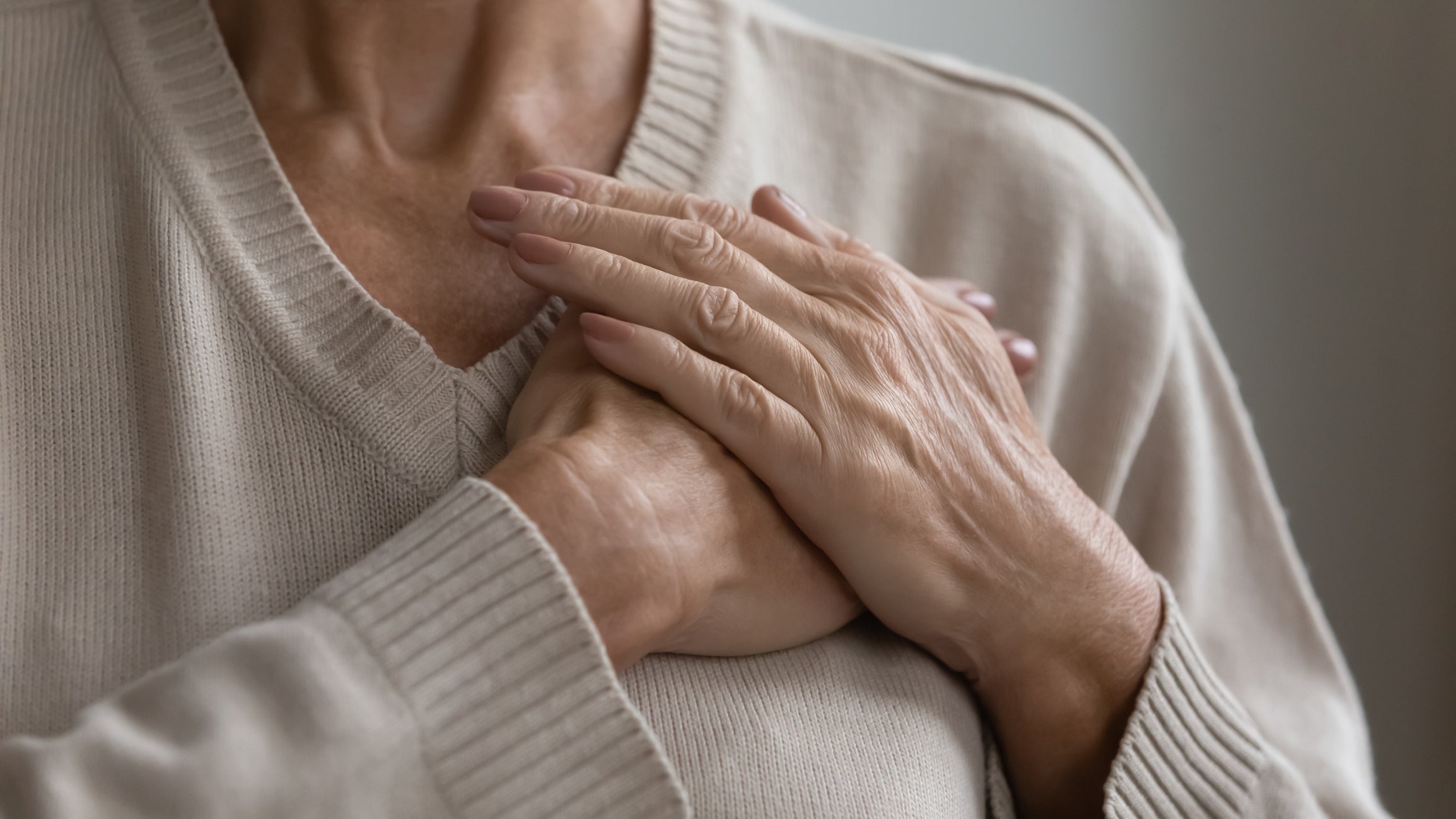The Healthy Aging Initiative
The Healthy Aging Initiative is a scientific mission to promote human longevity—and make those added years healthy and productive.
665 Huntington Avenue
Building 1, Room 509
Boston, MA 02115
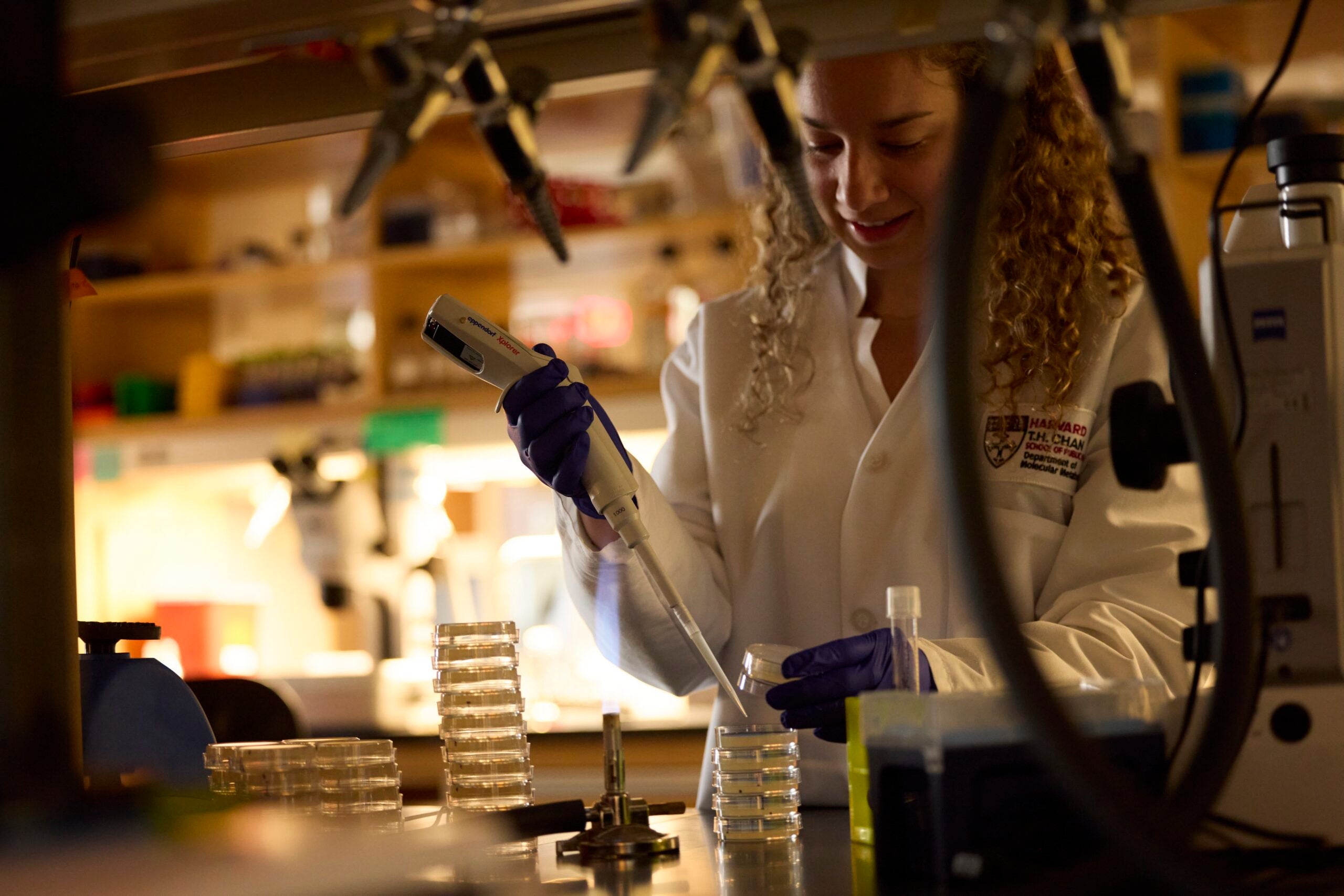
What we do
Increasing the human healthspan
The Healthy Aging Initiative at Harvard T.H. Chan School of Public Health brings together world-leading experts in laboratory science and public health to spark innovation in the field of geroscience.
Our mission is to maximize the time spent disease free in old age for all.
We will achieve this goal by identifying the drivers of age-related disease and discover the therapeutics, policies, and interventions that can help people worldwide add more healthy years to their lives.
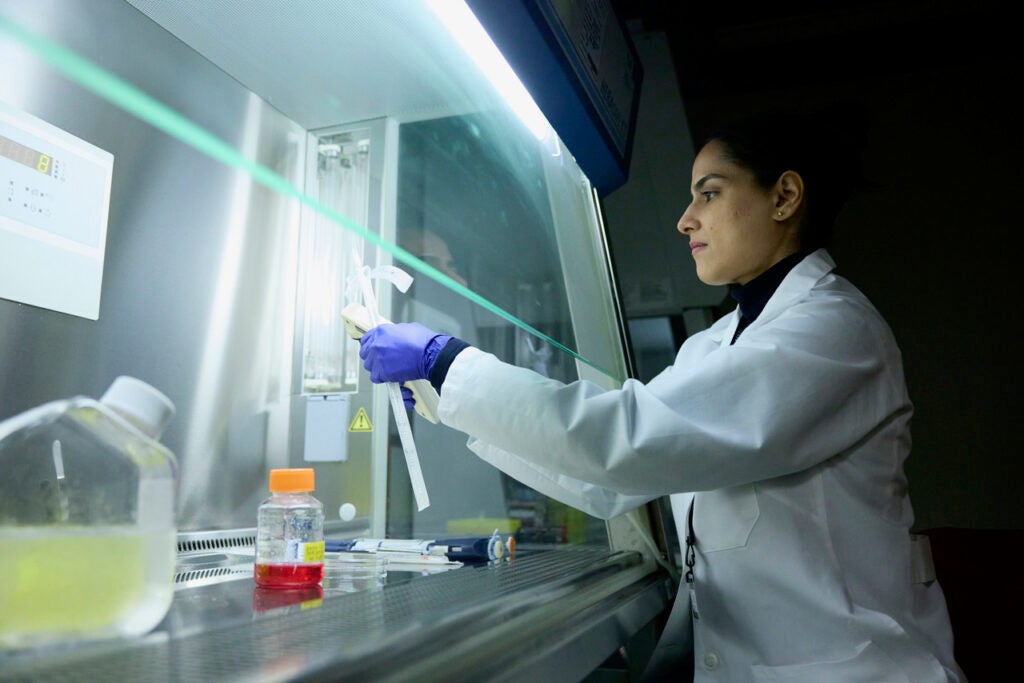
Can we really slow aging?
Yes!

Disease is not an inevitable consequence of longevity—not in the animal world, and not in humans. Across the animal kingdom, some species maintain “youthful” cells, and excellent health, well into advanced chronological age. In human populations, exceptional agers also exist, living into their 90s without chronic disease.
In recent years, scientists have developed sophisticated molecular tools to measure biological age, as distinct from chronological age. Even more exciting, they have begun to identify interventions capable of halting, or even reversing, biological aging in animal models.
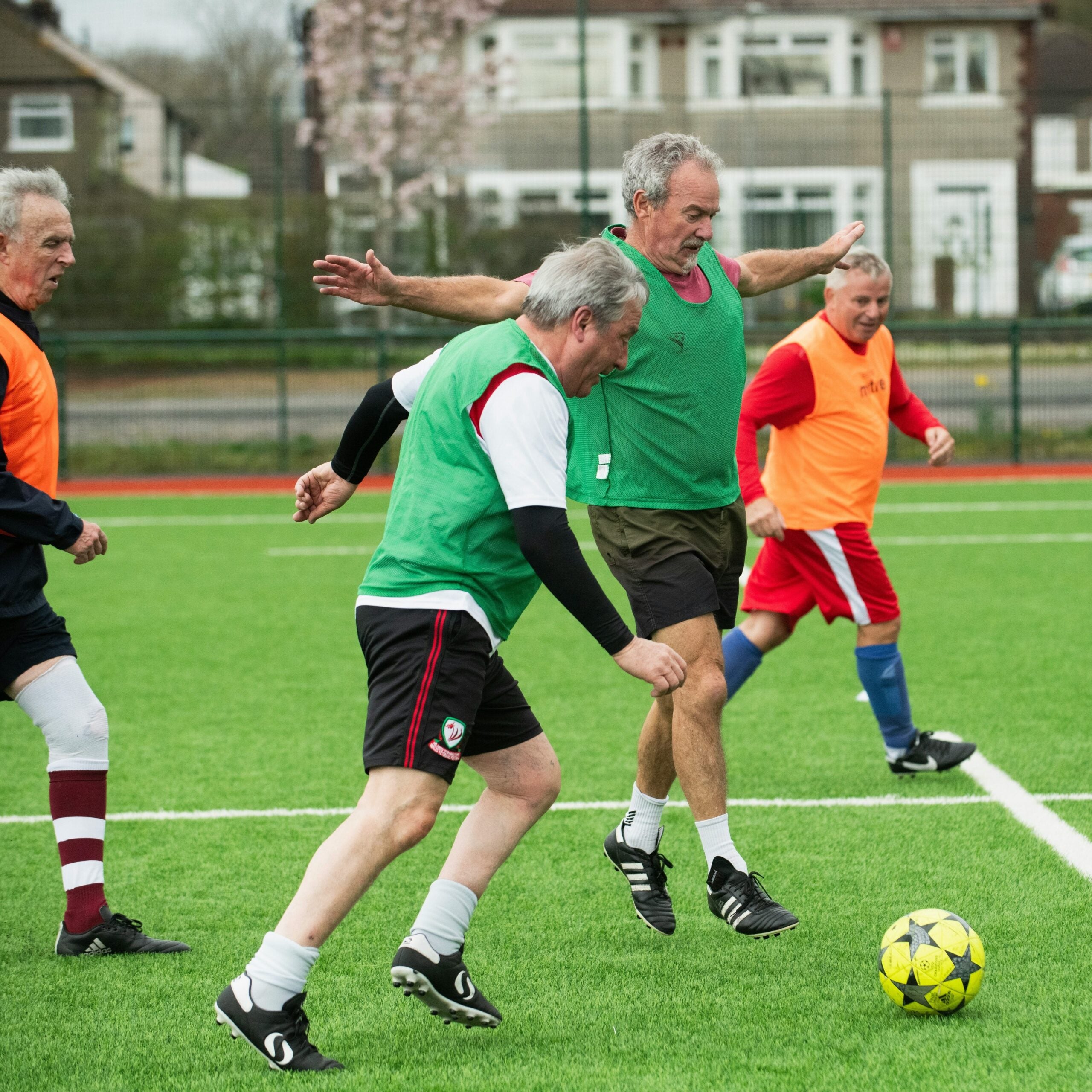
In addition, new research shows that social advantage and a range of health assets, such as safe neighborhoods, high-quality education, and having a sense of hope, can decelerate the rate at which people age.
The Healthy Aging Initiative aims to bring together insights from all these fields to meaningfully extend healthspans for hundreds of millions of people around the globe.
Over the past century, public health has added decades to human life expectancy. Now, it’s time to focus on making those extra years healthy.
William Mair, Director of the Healthy Aging Initiative
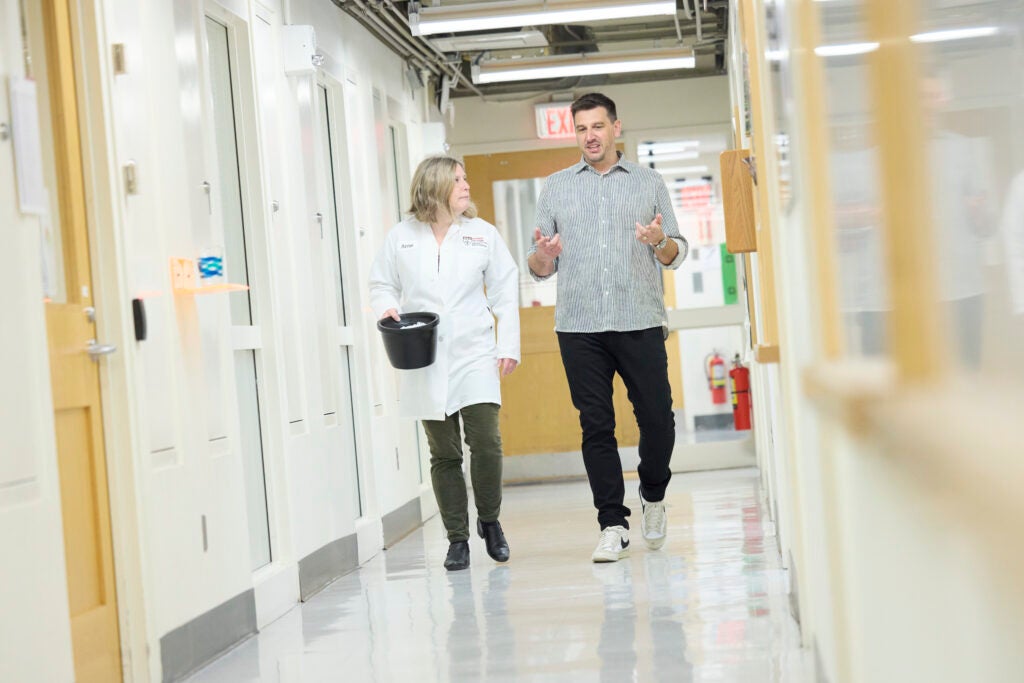
More about the initiative
We will unlock the keys to healthy aging, enabling individuals and communities worldwide to live longer and healthier lives, achieve greater productivity, and enjoy a sustained sense of well-being.
The Healthy Aging Initiative will spark innovation in geroscience through a unique and strategic interdisciplinary collaboration that brings together world-leading experts in laboratory science and public health.
Our research will be rigorous and focused: A scientific mission to extend the human lifespan—and make those added years healthy and productive.
We will:
Advance the field
- Unlock the science of biological aging at the genetic, molecular, and cellular levels.
- Uncover social, psychological, behavioral, and biological drivers of age-related disease through large epidemiological studies.
- Identify the biological mechanisms by which socioeconomic and psychosocial factors influence human aging, separately considering factors that promote health from those that increase risk and deterioration.
- Identify targets for interventions that promote healthy aging at the population scale.
- Address inequities in healthy aging, both within and between populations.
Train the next generation
- Develop relevant courses to offer at Harvard Chan School and beyond.
- Build a concentration in geroscience for students at the School.
- Secure funds to support student scholarships and training.
Translate insights into action
- Share findings with the academic community through seminars, webinars, and a guest lecture series.
- Communicate our findings to policymakers, the press, and the public—clearly and accurately, without hyperbole.
- Work with industry, governments, nonprofits, and communities to translate our research into therapeutics, policies, and public health recommendations that meaningfully extend the human healthspan around the globe.
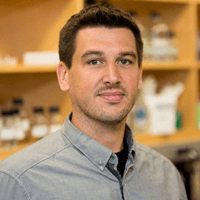
Dr. Mair studies the mechanisms that mitigate the risks of aging, with a focus on metabolism and how changes to food intake can impact the aging process. In particular, the Mair lab is defining how nutrient and energy sensors in cells become dysfunctional with age, leading to metabolic inflexibility and accelerated aging. This work aims to develop therapeutics that maintain healthy metabolic function, thereby enabling our bodies to process the food we eat effectively as we age to prolong healthy aging.
Dr. Mair has won numerous awards for his work on aging and geroscience, including the American Federation Breakthrough in Gerontology Award, the Glenn Medical Foundation for Medical Research Scholar Award and the Ellison Medical Foundation New Scholar in Aging Research Award. He is co-founding director of the MBL Biology of Aging Summer Research Course, and organizes several international conferences on geroscience and aging biology. He received his BSc in Genetics and PhD in Biology from University College London, and completed his postdoctoral training at the Salk Institute for Biological Studies in La Jolla, CA.
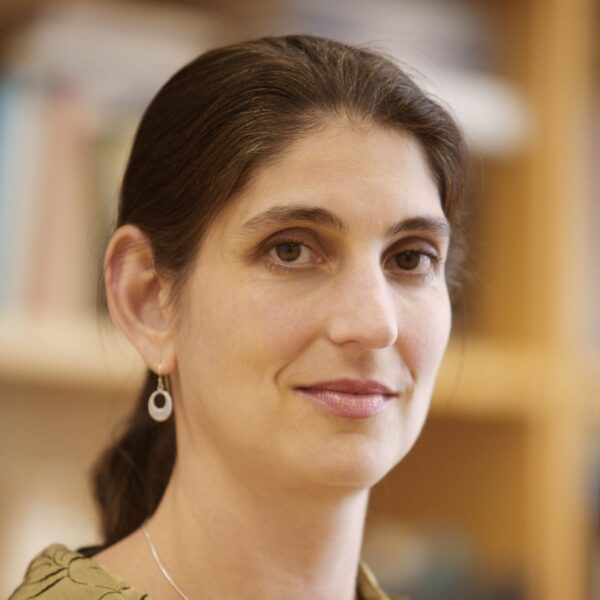
Dr. Laura Kubzansky’s research examines how social, psychological, and biological processes during the life course contribute to healthy aging. Her goal is to identify the upstream factors that can help everyone live longer and healthier lives and the most effective strategies for translating these findings into policy and practice. She takes a “cells-to-society” approach which includes efforts to identify the social determinants of well-being and the resources that increase likelihood of healthy aging, as well as to research the underlying behavioral and biological factors (e.g., physical activity, microbiome) that tie psychosocial processes to longer healthspans.
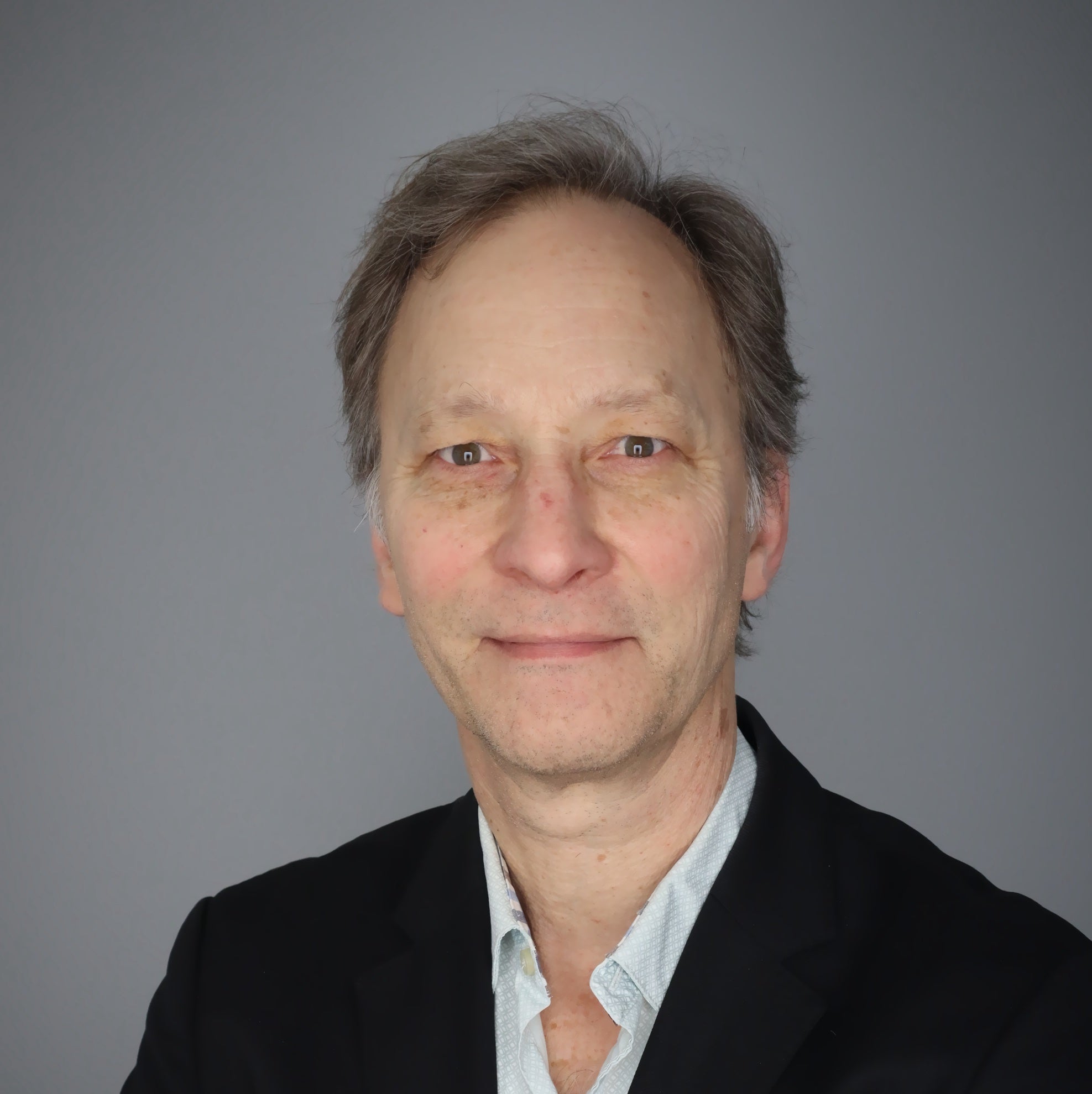
Dr. Weisskopf’s research focuses on understanding the influence of environmental toxicant exposures—such as metals, pesticides, and air pollution—on brain health and neurodegenerative diseases. In particular, he investigates how different environmental exposures may increase the risk of conditions like Alzheimer’s disease, Parkinson’s disease, and cognitive decline, and explores the biological mechanisms that may underlie this. By exploring how early-life and lifelong exposures affect neurological health and aging, his work aims to identify preventable risk factors and inform public health interventions that reduce the burden of age-related neurological diseases.
Dr. Courtney Peterson leads one of the largest laboratories in the world studying intermittent fasting in humans. Her research explores how intermittent fasting affects age-related diseases such as type 2 diabetes, prediabetes, cancer, and hypertension, and aging biomarkers. She is currently part of one of the two largest studies testing whether intermittent fasting can slow the rate of aging in humans, and her lab was the first to show that daily intermittent fasting, also known as time-restricted eating, affects key aging-related genes and biomarkers, including SIRT1, mTOR, autophagy, and oxidative stress.
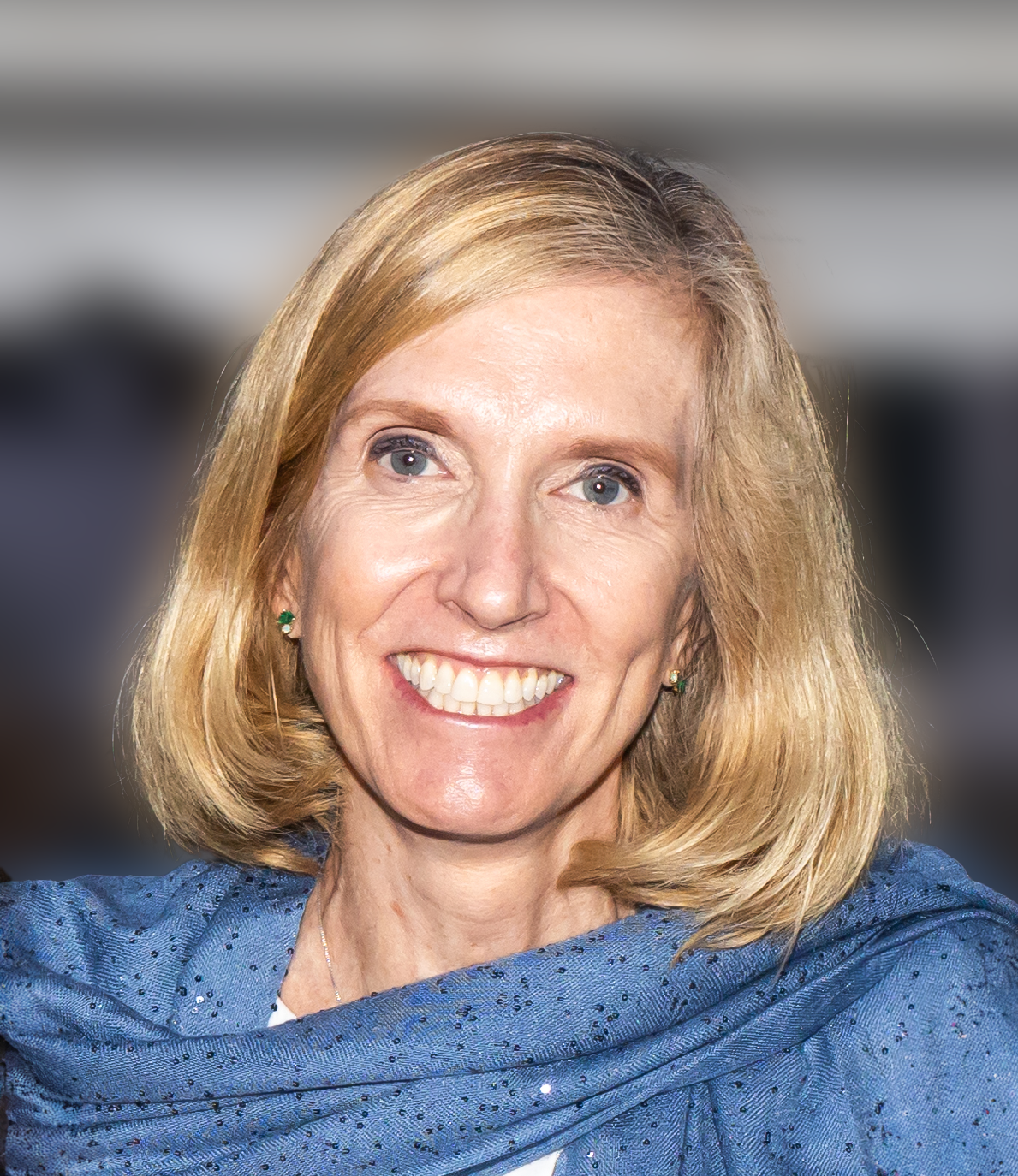
Dr. Nadeau’s research centers on understanding how environmental and genetic factors influence the development of diseases across the lifespan. She also studies what exposures and behaviors contribute to good health. In particular, she explores how exposures such as air and water pollution, diet, and climate-related stressors affect immune function, particularly in vulnerable populations like pregnant people, children, and the elderly. Her work also highlights the cumulative and exponential effects that both protective behaviors (such as healthy diet, sleep, and mindfulness) and harmful exposures (such as stress, air pollution, and excessive heat) have on the human immune system, with the goal of identifying strategies for promoting resilience and long-term health.
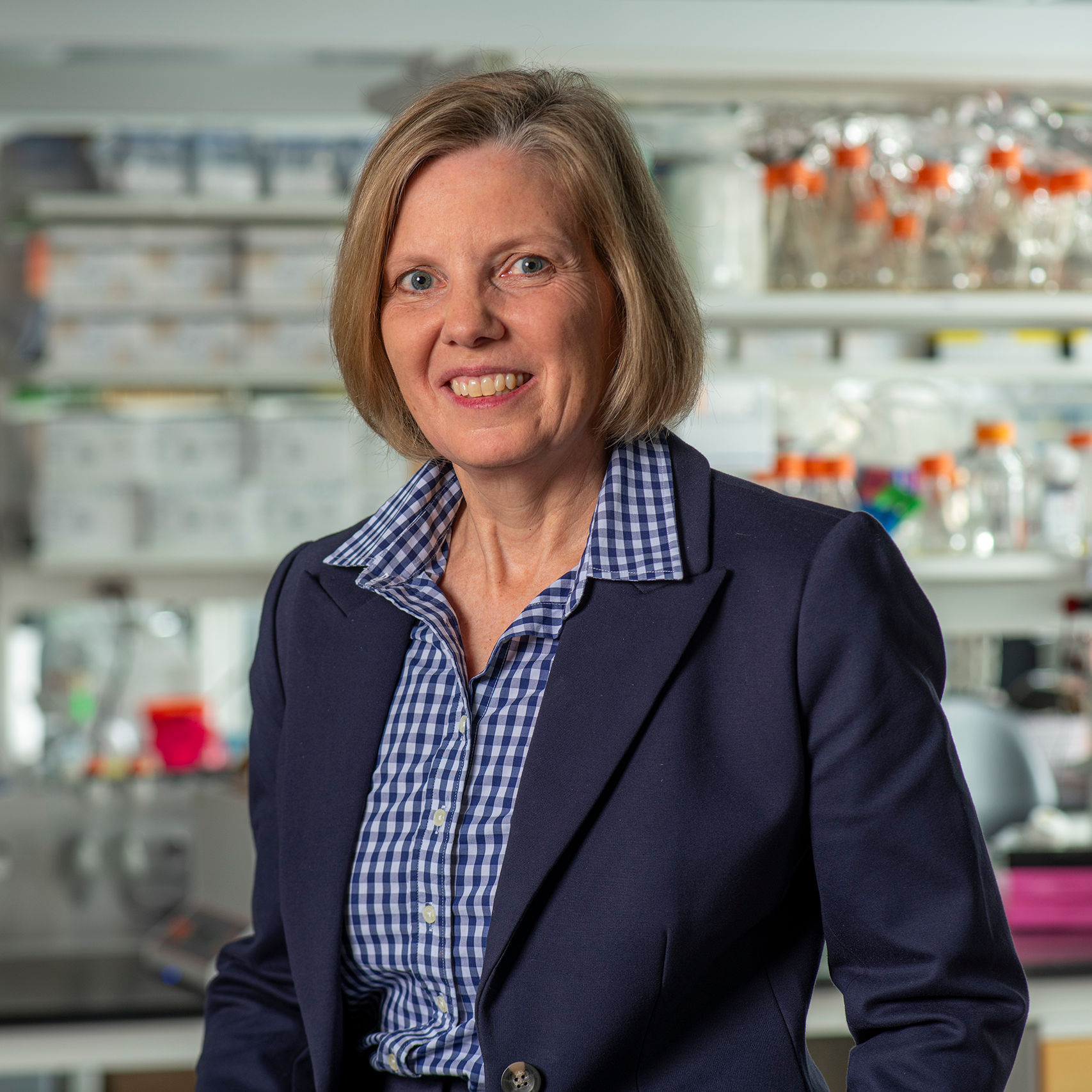
Dr. Sarah Fortune is a world-renowned tuberculosis researcher whose work has significantly advanced our understanding of tuberculosis pathogenesis, bacterial persistence, and host-pathogen interactions. Her research also investigates how latent TB infections, which affect nearly a third of the world’s population, often remain dormant for decades before manifesting in later life, and the phenomenon of “super-resistance” in elderly individuals who have remained disease-free despite lifelong exposure in high-transmission areas. Through studying these contrasting aging outcomes, Dr. Fortune seeks to uncover insights not only about specific mechanisms of TB resistance but also about broader patterns of resilience and exceptional health in aging populations.
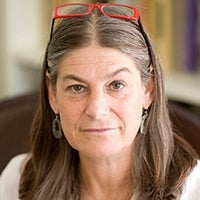
Dr. Berkman is the director of the Harvard Center for Population and Development Studies (HCPDS) and the Thomas D. Cabot Professor of Public Policy and of Epidemiology at the Harvard T.H. Chan School of Public Health. She is an internationally recognized social epidemiologist whose work focuses extensively on social and policy influences on health outcomes. Her research orients toward understanding inequalities in health related to socioeconomic status, different racial and ethnic groups, and social networks, support and isolation.
Our goal is to increase the human healthspan—that is, to make the added years of life healthy ones.
This will generate a substantial “longevity dividend,” both at the individual and the societal level, by reducing the risk of developing disabling diseases and extending healthy functioning.
This longevity dividend will lead to lower burden on the health care system, increased productivity and ability to remain in the workforce, and an improved and more durable sense of personal well-being.
It will take a multidisciplinary effort, bringing together many scientific fields, to deliver healthy aging. That’s what we’re doing here. We aim to extend the human healthspan while promoting well-being and resilience worldwide.
Laura Kubzansky, Professor of Social and Behavioral Sciences
Latest News
In the Media
Can a Photograph Reveal Your Biological Age?
New York Times – May 8 2025
5 Science-Backed Longevity ‘Hacks’ That Don’t Cost a Fortune
New York Times – April 10 2025
Your Oura Ring Obsession Has Gone Too Far
Allure – March 12 2025
The Cost of Trying to Live Forever
Time – March 3, 2025
What’s the maximum human life expectancy?
Popular Science – January 30, 2025
When kindness becomes a habit, it improves our health
NPR – December 25, 2024
Exploring the limits of human longevity, and more
CBC – November 29, 2024
My heartening summer school class on the new science of aging
Boston Globe – September 3, 2023
Support our work
Every gift contributes to our mission of building a world where everyone can thrive. To learn more about how you can support the Health Aging Initiative, please contact Laura Barnes.

